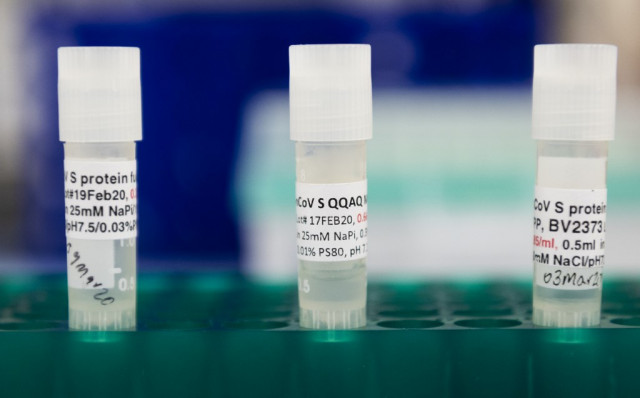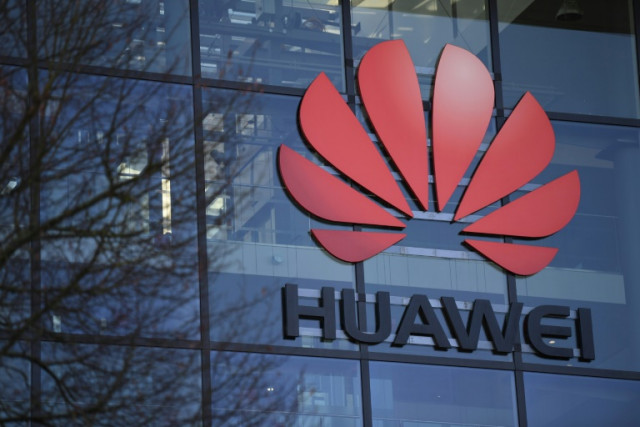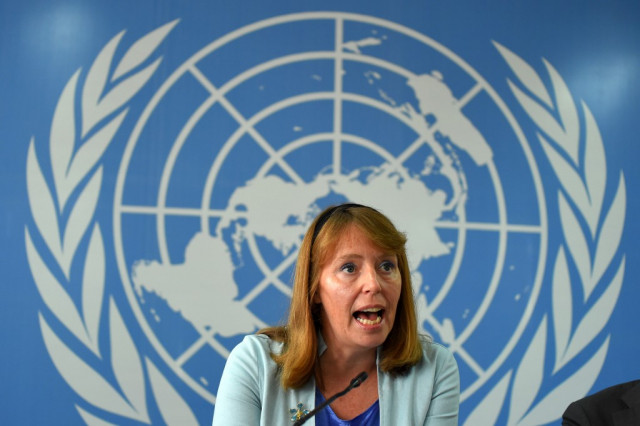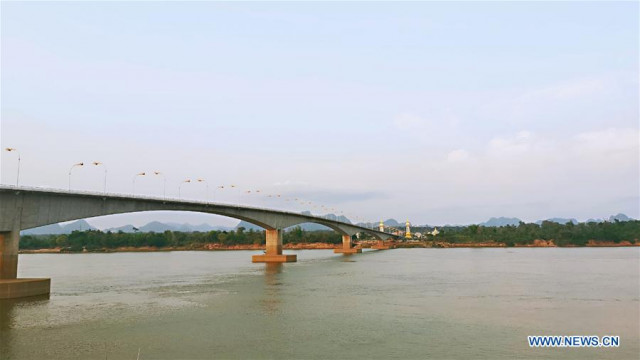We Need Good Science — Not Politics — to Shepherd in a COVID-19 Vaccine

- Sonny Inbaraj Krishnan and Adele Baleta
- September 26, 2020 7:37 AM
The urgent need for a vaccine to address the global coronavirus crisis has seen nations competing to be the first to get a vaccine for their populations. This has raised concerns that some countries are taking short cuts in the development process to speed it up.
Russian scientists announced successful trials of a vaccine without completing the requisite clinical trial protocols, causing some controversy. They have pre-approved a vaccine in their country before completing a Phase III clinical trial, which is regarded as essential for proving the efficacy and safety of a vaccine. Ordinary people in several countries have since expressed concern about the safety of COVID -19 vaccines in general and feel hesitant about getting a vaccine when it becomes available.
A Phase 3 trial of a UK-developed vaccine made by AstraZeneca was stalled recently after it was announced that a volunteer had developed neurological problems. The trial has since resumed after it was found that the problem was not related to the vaccine. Completing the four phases of vaccine development is crucial in assuring that the vaccine is safe and accepted as broadly as possible once it becomes available.
The evaluation of a vaccine candidate undergoes different phases (preclinical and clinical) before it can get regulatory approval from the national regulatory authority in a country. The regulator in the United States is called the Food and Drug Administration (FDA).
In Africa, regulators from 29 countries are members of the African Vaccine Regulatory Forum for the regulation of clinical trials. The World Health Organization’s Emergency Use Listing (EUL), launched in 2014 in response to the West Africa Ebola virus epidemic, makes safe and effective still-to-be-licensed medical products available quickly in global public health emergencies to support the United Nations’ procurement agencies and its member states. This includes COVID-19 vaccines.
While multiple groups of scientists began working on developing vaccines, governments began working on behind-the-scene deals with pharmaceutical manufacturers to secure access to these vaccines for their own people before any other country. This is called vaccine nationalism and is of great concern because it can cause supply problems that could leave poorer countries without access to life-saving vaccines.
To address strong global concerns about vaccine access, three organizations: GAVI – the Vaccine Alliance, the Coalition for Epidemic Preparedness Innovations (CEPI), and the World Health Organization have formed COVID-19 Vaccine Global Access (COVAX). Its creators propose that any effective vaccine that emerges should be treated as a global public good, to be distributed equally around the world, regardless of where it was invented or of a country’s ability to pay for it. COVAX is designed to discourage national governments from hoarding a COVID-19 vaccine and to focus on first vaccinating the most high-risk people in every country.
COVAX proposes that all participating countries, including Cambodia, regardless of income levels, will have equal access to these vaccines once they are developed.
The initial aim is to have 2 billion doses available by the end of 2021, which should be enough to protect high risk and vulnerable people, as well as frontline healthcare workers. Wealthy countries that join COVAX will finance the vaccine purchases from their national budgets and will partner with 92 poorer nations supported through voluntary donations to the plan to ensure vaccines are delivered equitably.
To date, 64 upper middle-income and high-income countries have signed up, agreeing in principle to procure COVID-19 vaccines through COVAX for their populations. For lower-income funded nations that would otherwise be unable to afford these vaccines, as well as a number of higher-income self-financing countries that have no bilateral deals with manufacturers, COVAX is a lifeline and the only viable way in which their citizens will get access to COVID-19 vaccines.
The questions that need to be addressed in COVID-19 vaccine access are:
1.Who should receive the first dose and subsequent doses of a vaccine?
2.Who decides who is allowed into the queue to receive the vaccine and in what order?
3.What special advantages are given to the country where a vaccine is developed, if any?
4.Will countries where clinical trials are being conducted be given access to vaccines that have been developed elsewhere? The Oxford vaccine, for example, was developed in the United Kingdom but is undergoing trials in Brazil and South Africa.
5.To what extent will wealthier countries crowd out poorer ones?
6.Will countries let geopolitics intrude, sharing the vaccine with allies while forcing vulnerable populations in adversary countries to the back of the line?
Vaccine developers need to be transparent by providing compelling, evidence-based information for the public to have confidence that available vaccines are safe and effective. The vaccine uptake among the world’s population must be high enough for life to return to the pre-pandemic era.
We need good science that puts people first and not politics to shepherd a COVID-19 vaccine rollout. As it is, the SARS-Cov-2 virus that causes COVID-19 doesn’t give two hoots about borders. Its job is to replicate itself and infect person to person – and it doesn’t care which person.
Sonny Inbaraj Krishnan is Internews Regional Health Advisor COVID-19 for Asia in the Rooted in Trust Project. Adele Baleta is a Pandemic Health Journalism Mentor with Internews. Internews works globally with a network of partners responding to rumours and misinformation in the global ‘info-demic’.















